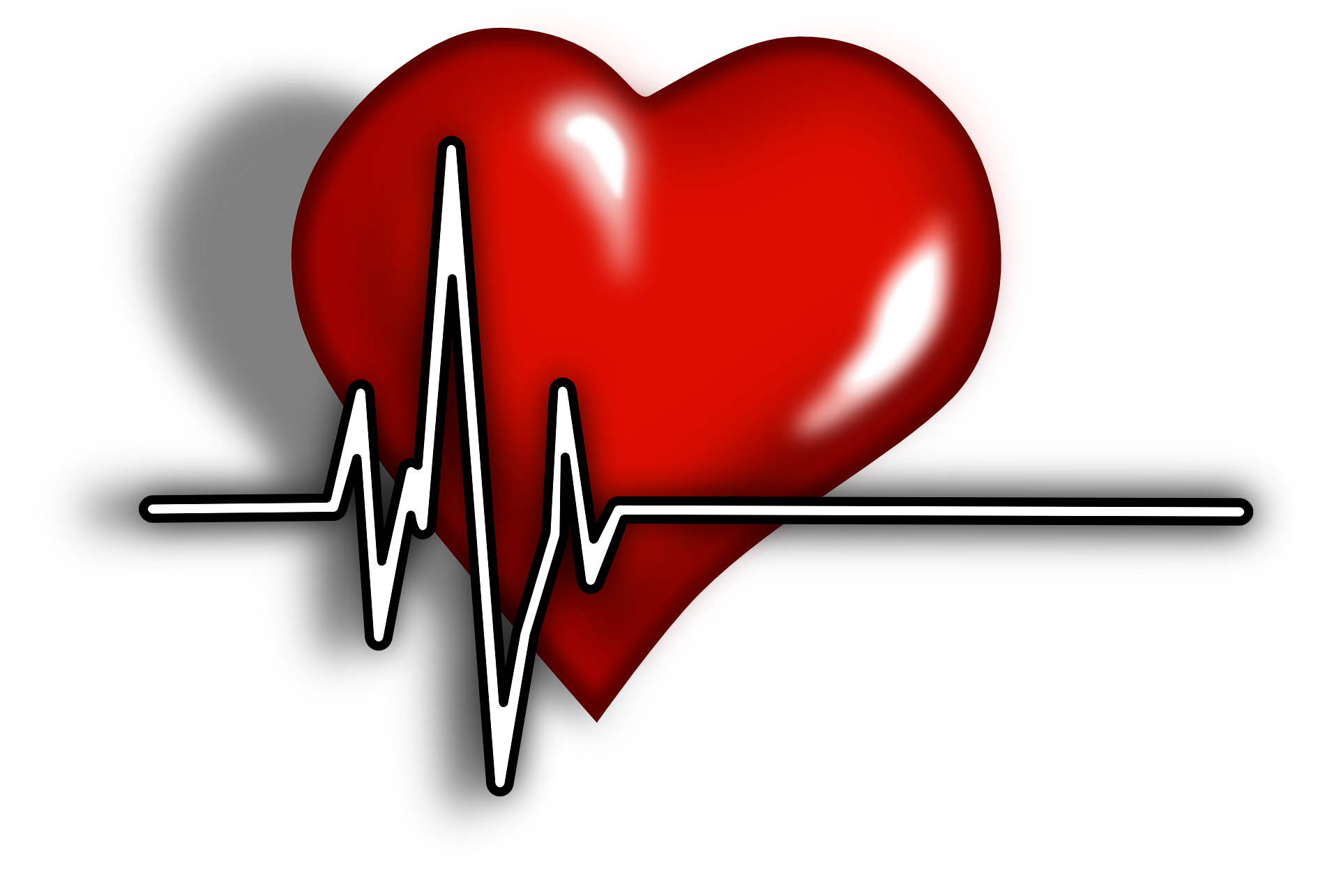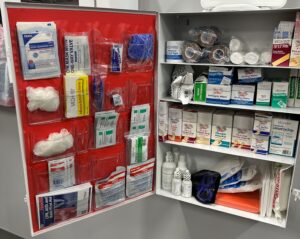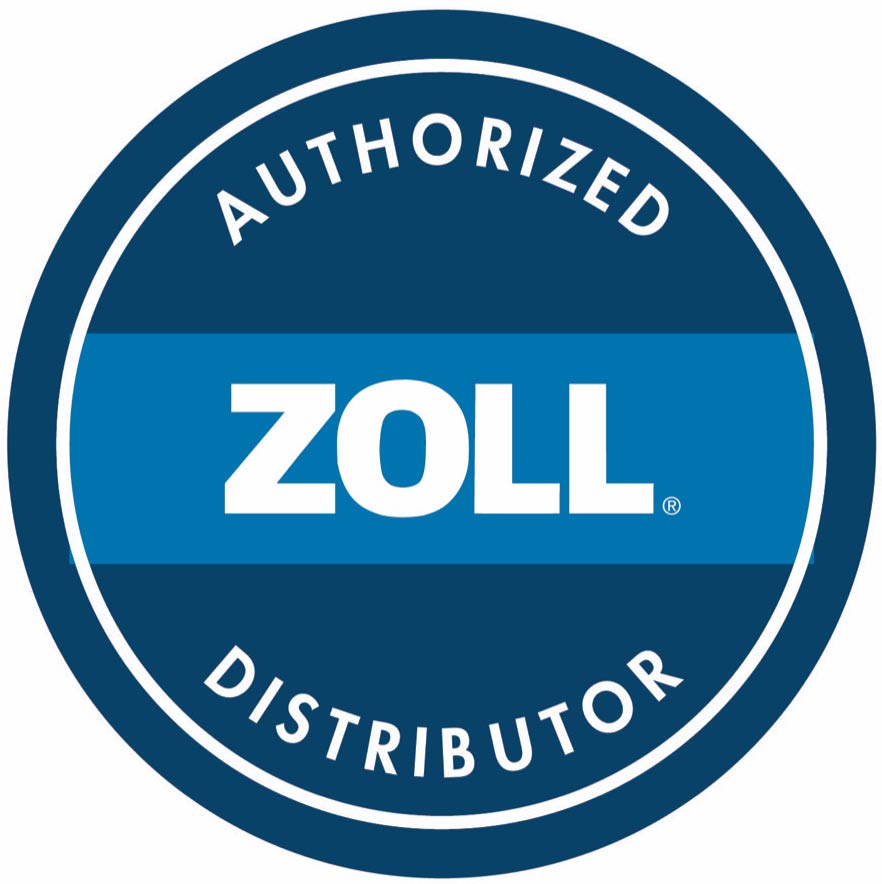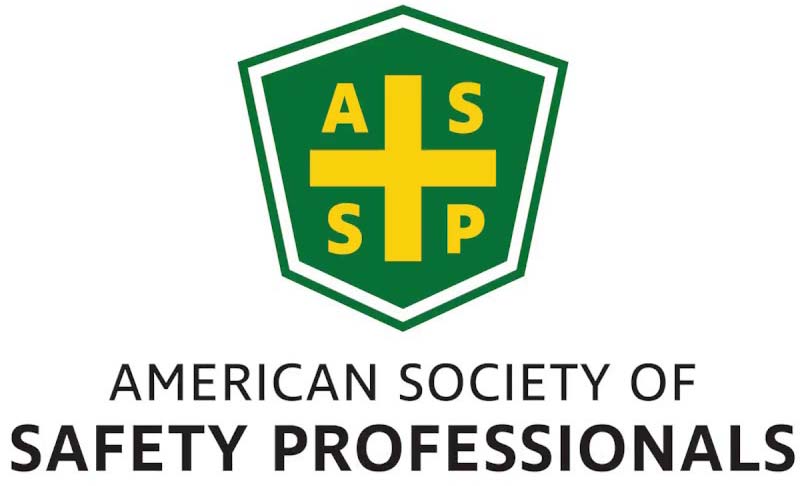February is American Heart Month, when the American Heart Association focuses on raising awareness about a topic that’s obviously very meaningful to us here at Heart to Beat.
It’s important to know how to respond to a cardiac emergency, and that’s a substantial part of our safety training programs. But early recognition of symptoms can help prevent those sudden emergencies, which is why it’s important to recognize the warning signs. Early detection can also result in better outcomes and less lasting damage to the heart.
We tend to think of heart attacks as sudden events, and they often are, but in some cases certain symptoms may present themselves as much as 30 days before an attack. Chest pain and/or pain in the arms or jaw are obvious red flags, but other symptoms might include sleep problems or unusual fatigue. Other signs of pending heart issues might include breathlessness, lightheadedness or swollen ankles or legs. These can indicate circulatory problems that could be related to pending heart failure.
The trouble here, of course, is that any of those symptoms can occur for other reasons. Chest pain could be simple indigestion, and sleeplessness might have any number of causes. Better safe than sorry, though … any persistent symptoms should be checked by a medical professional as soon as possible.
Further complicating the recognition of cardiac trouble is the fact that women often experience symptoms differently. While women might also experience chest, jaw, or arm pain as men do, in some women heart issues will present as abdominal pain or nausea and vomiting.
For an individual, the best defense against a heart attack is listening carefully to what your body is telling you and seeking medical attention promptly. Better to rule out a cardiac event than to let it go untreated.
Organizations can help by encouraging healthy behaviors and wellness, by training staff to recognize the symptoms, and by providing the training and equipment to respond appropriately if a cardiac emergency does occur.











